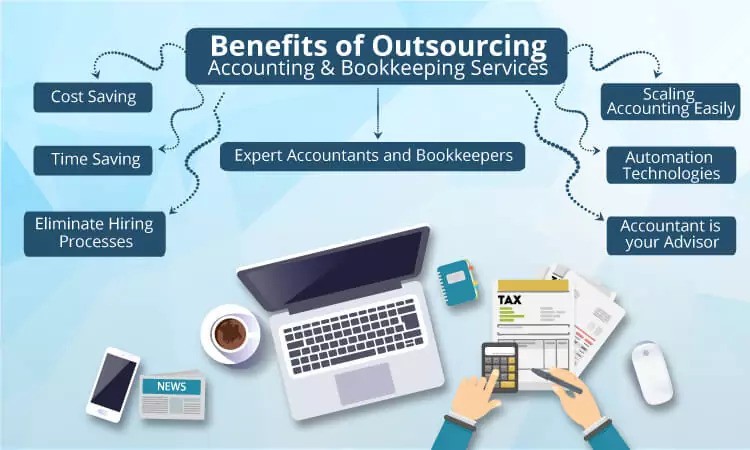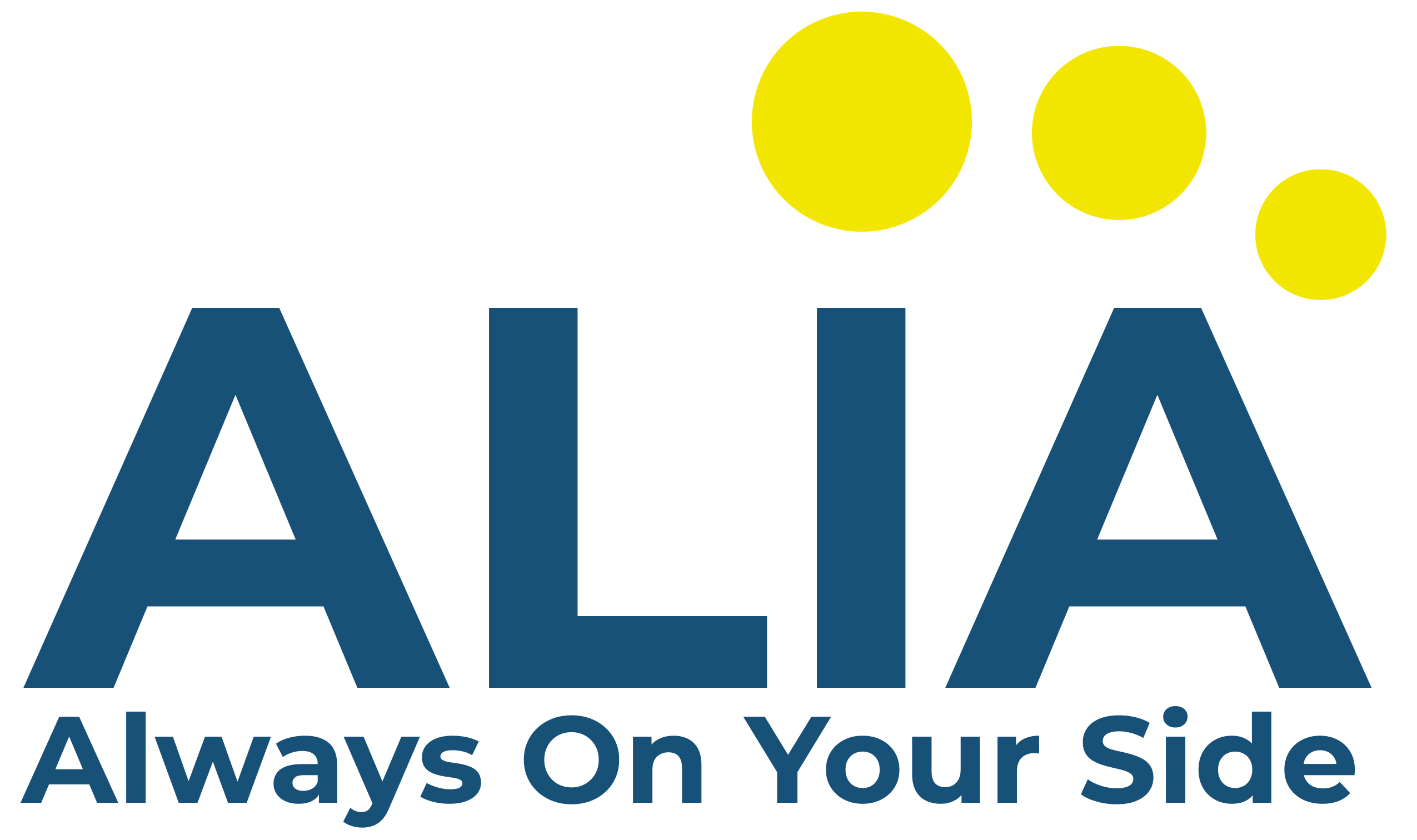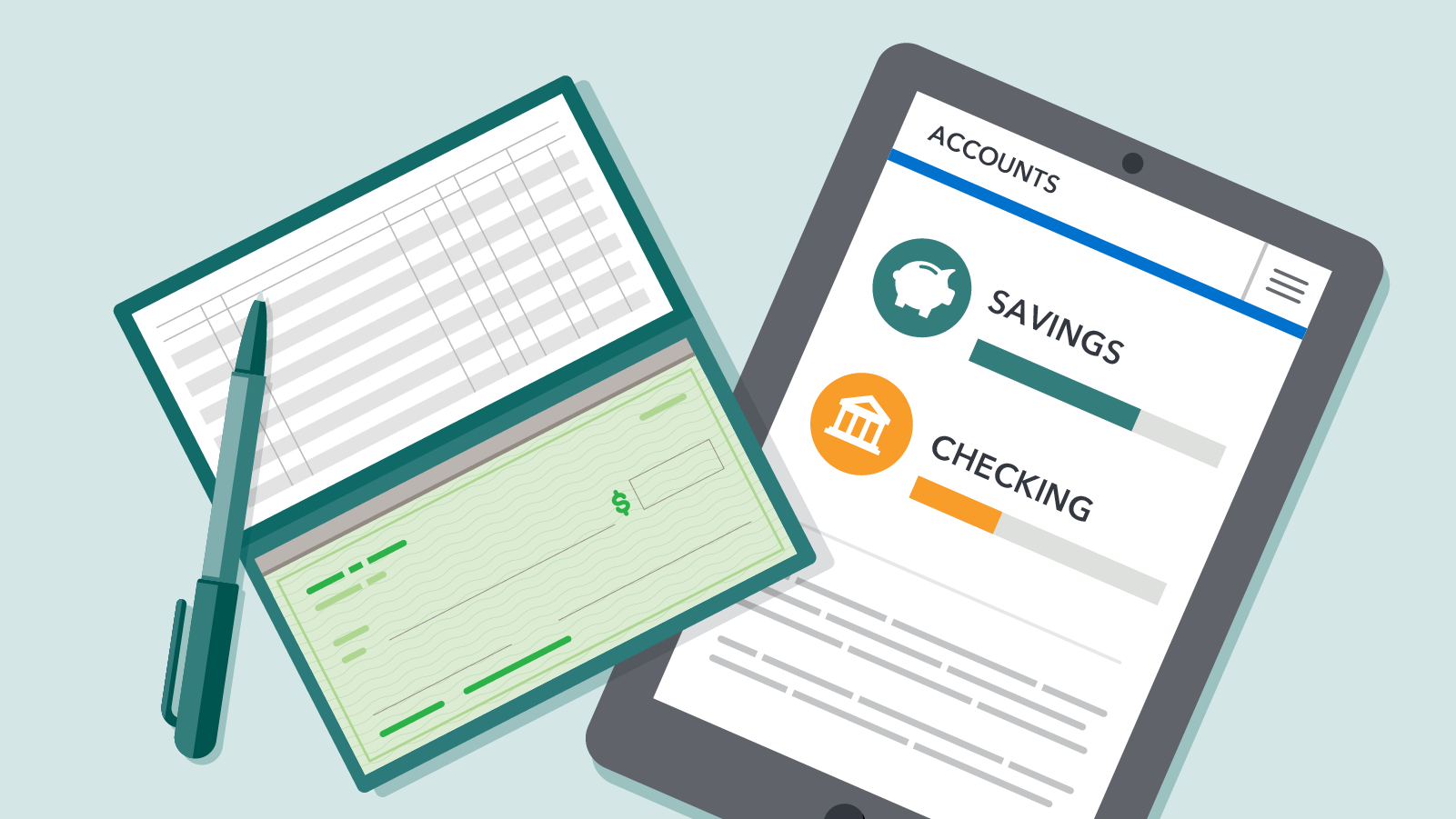Tax office advices by top tax companies? The SECURE Act, which became law at the end of 2019, includes several provisions that apply to high income earners. They include: The age for Required Minimum Distributions (RMDs) from retirement plan accounts was raised to 72. However, if you turned 70 1/2 in 2019, you will be required to take a disbursement in 2020. Eliminating the age limit for contributions to Traditional IRA accounts. Increasing annual contribution limits for 401(k) and 103(b) accounts to $19,500, and to $13,400 for SIMPLE IRAs. The contribution maximum for Traditional and Roth IRAs remains at $6,000 per year. Increasing the Social Security wage base to $137,700. Increasing the income ceiling for Roth IRAs. Contributions now phase out at $124,000 and $139,000 of modified adjusted gross income. ($196,000 to $206,000 if you’re married filing jointly.) Increasing limits for long-term care premium deductions to $5,430 per person for people age 71 or over, and to $4,3500 for people between the ages of 61 and 70. Self-employed earners may write off 100% of their premiums using Schedule 1 of the 1040 form. These changes are significant because they make it possible for high income earners to make additional contributions to a retirement plan during the tax year.
If you have business income and expenses to report on Schedule C, you will need to share your books and records (for example, QuickBooks or any other accounting system you use, receipts for expenses, and relevant bank and credit card statements).16? The better organized your records are, the less time it will take a preparer to process your taxes, which translates into lower fees for their service.
Bunch Your Charitable Contributions: In 2019, married couples filing jointly have a standard deduction of $24,400. For single taxpayers, the standard deduction is $12,200. The Tax Cuts and Jobs Act of 2017, which nearly doubled the standard deduction, also eliminated miscellaneous deductions, capped state and local tax deductions at $10,000 and limited mortgage interest deductions to loans of up to $750,000. These changes can make it difficult to itemize deductions unless someone has significant charitable donations. Powell suggests people bunch two years of contributions into a single year, which would allow them to claim an itemized deduction every other year. For those with the financial means, setting up a donor-advised fund may be ideal. “You get the deduction in the year you move the money (into the fund),” Powell says. However, charitable gifts from the fund can be spread out over time.
Timing your income involves moving it from one year to another. You first have to determine the year in which you expect to pay the most in taxes. Review your current expenses before the end of each year and prepay some of those amounts if you want to reduce your income for the current year. You can also increase your expenses and decrease income by making expenditures such as stocking up on supplies. The end of the year is also the time to review your customer accounts if your business operates on the accrual accounting method. First, find those customers who aren’t likely to pay you. You can write off the amounts they owe as “bad debts” and deduct these amounts from your business income to save on taxes. See extra info on https://greentree.tax/llc-tax-preparation/.
Put a Stop to Anger or Harassment. Always try to stay calm even if the debtor becomes abusive during the contact. If this happens, you might suggest calling back later. No matter what, always listen carefully to what the customer tells you and try to keep the dialogue constructive as much as you can. It’s important to let the debtor feel he is making progress. Be Prepared. Before you make the initial contact with a delinquent customer, make sure you know everything you can about the customer. Make copies of all invoices, contracts, and any other information that will help you speak knowledgeably, professionally and personally with the customer.
It’s much easier to sort through everything now than when 2019 is a distant memory. In fact, reviewing and organizing your records monthly helps spread the workload throughout the year instead of cramming it all into a year-end rush. Take time to go through any forms you’ve already filed (like Form 941) to check for accuracy. Make sure to confirm EIN numbers, social security numbers, and anything else the IRS might use to identify you or your employees. And when you’re done, move all your forms, invoices, and receipts into the same place — whether it’s online or a in physical folder — so you’ll be ready for tax time. Find extra information at tax help Houston.






















Leave a Comment